
Dr. Ngo Thien Thinh informed about the comparison of economic value from fruit trees with the value from wax coconut for farmers.
Attending the workshop were comrades: Duong Bao Viet, Head of Science and Technology Management Department ( Tra Vinh Department of Science and Technology ); Tran Thanh Nha, Deputy Head of Economic - Social Department (Provincial Farmers' Association); Pham Van Kha, Deputy Head of Agriculture and Environment Department of Cau Ke district and speakers: Prof. Dr. Sisunandar, wax coconut expert (Purworkerto University - Indonesia); Dr. Ngo Thien Thinh, agronomist - Growlab Company Limited...

Farmer Nguyen Van Xem, Hoa Tan commune, Cau Ke district, raised difficulties due to the loss rate during the planting process.
At the workshop, Dr. Ngo Thien Thinh, agronomist - Growlab Company Limited presented the difficulties and advantages in cultivating some key crops of Cau Ke district in terms of value compared to wax coconut trees. However, in the past, farmers mainly planted from traditional wax coconut varieties and were affected by many factors such as the environment, soil... which greatly affected the productivity and quality of wax on traditional wax coconuts, so the value from wax coconut trees is still limited (wax ratio is about 20-25%).

Mr. Cao Hoai Linh, An Phu Tan commune asked about the planting process and wax level on tissue cultured wax coconut seedlings.
From the reality of the wax coconut area of Cau Ke, the implementation and introduction of tissue cultured wax coconut will help farmers reduce initial investment costs (seedlings); currently the price of tissue cultured wax coconut is 30-50% lower than that of embryo cultured wax coconut. In addition, tissue cultured wax coconut has high uniformity in the quality of seedlings, creates high wax content and is less affected by the environment.
Growlab Company Limited is currently implementing the production process and supplying tissue cultured wax coconut varieties. With a high quality wax content of 80-100%; after 4 years of planting, the fruit yield reaches about 100 fruits/tree/year and has high uniformity.

Delegates learn about tissue-cultured coconut varieties produced by Grolab Company Limited.
Prof. Dr. Sisunandar shared about the experience of growing wax coconut in Indonesia as well as applying the process of growing wax coconut in Cau Ke; biochemical technology in processing wax coconut raw materials...
The questions that farmers raised with the speakers were presented and explained at the workshop. Through the workshop, many farmers have grasped the process of tissue culture coconut cultivation and orientation in developing, renovating and planting new coconut gardens for their families in the coming time.
Prof. Dr. Sisunandar presented the technical process of planting and caring for tissue cultured wax coconut. Some recommendations from Prof. Dr. Sisunandar, sowing method: Make a planting hole measuring 60x60x60cm with a distance between planting holes of 08x08m. Fertilize the bottom of the planting hole with organic humus or decomposed cow manure (about 30kg/hole). Mix 01kg of phosphate fertilizer into the soil in the hole; mix 01kg of dolomite fertilizer into the soil in the hole. Let the soil and fertilizer rest for 01 week before planting. The seedlings need to be left dry without watering for 01-02 days so that the soil ball is not too moist. Do not bury the roots of young trees in the ground because it will adversely affect the health of the young trees. For the young tree period, add about 100g of NPK fertilizer/root every 3 months and gradually increase according to the age of the tree. When the tree reaches 1 year old, increase the required NPK to 500g/root. Immediately after planting, spray the entire plant evenly with SCORE 250EC fungicide (12 ml/l) and REGENT insecticide (3 ml/l). Spray regularly every week until the plant is 3 months old. |
News and photos: HUU HUE
Source: https://www.baotravinh.vn/nong-nghiep/hoi-thao-ky-thuat-canh-tac-dua-sap-hieu-qua-46121.html



![[Photo] Determining the pairs in the team semi-finals of the National Table Tennis Championship of Nhan Dan Newspaper](https://vphoto.vietnam.vn/thumb/1200x675/vietnam/resource/IMAGE/2025/5/21/eacbf7ae6a59497e9ae5da8e63d227bf)
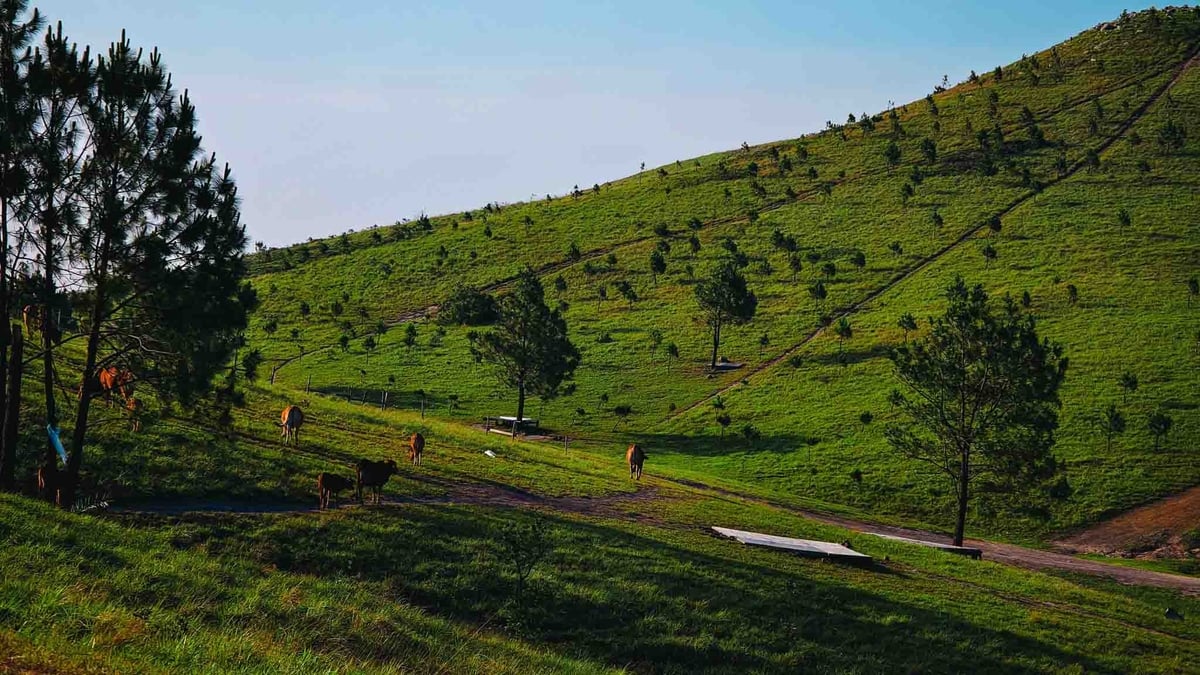
![[Photo] General Secretary To Lam works with the Central Inspection Commission](https://vphoto.vietnam.vn/thumb/1200x675/vietnam/resource/IMAGE/2025/5/22/54820e91fd124c4cb691961718c4ee5d)
![[Photo] Prime Minister Pham Minh Chinh attends the groundbreaking ceremony of Trump International Hung Yen Project](https://vphoto.vietnam.vn/thumb/1200x675/vietnam/resource/IMAGE/2025/5/21/ca84b87a74da4cddb2992a86966284cf)


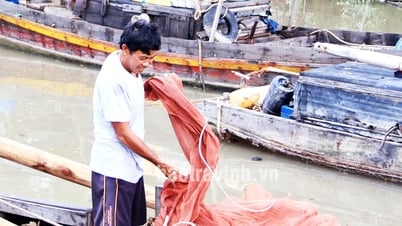
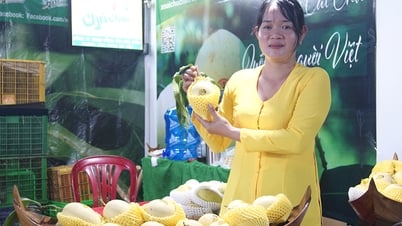
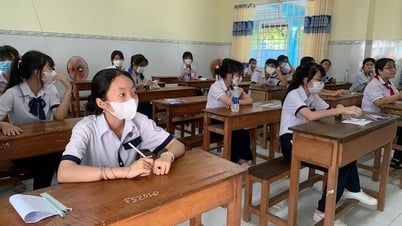

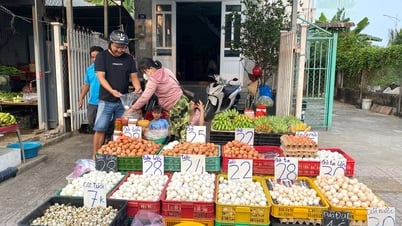
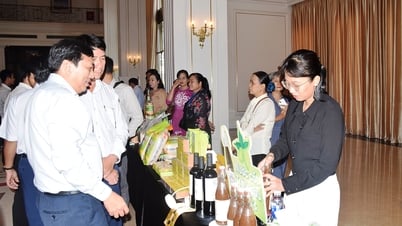





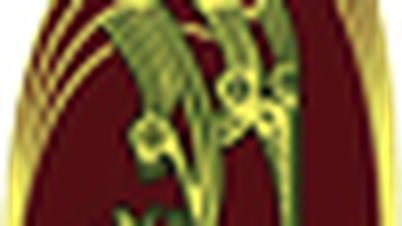

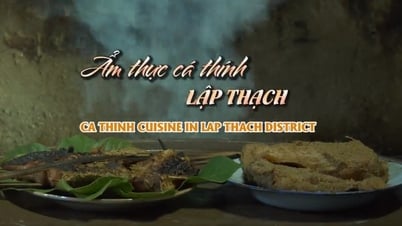
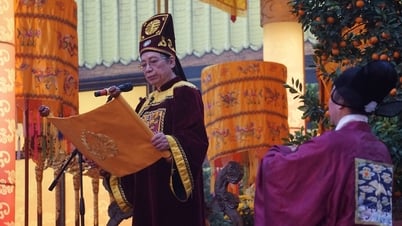
































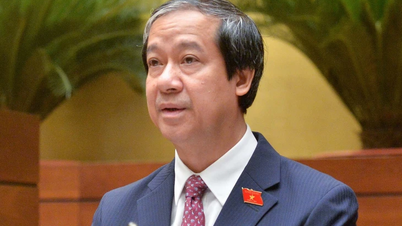

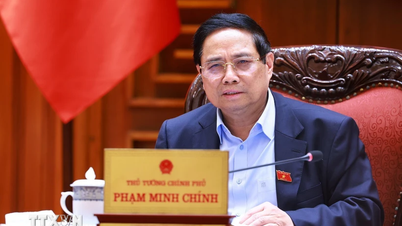
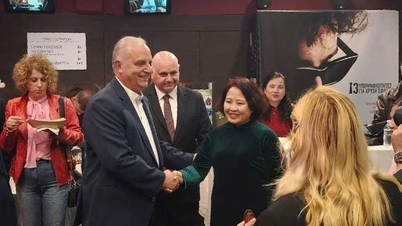

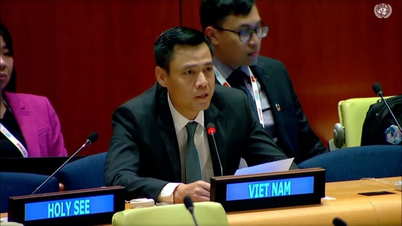


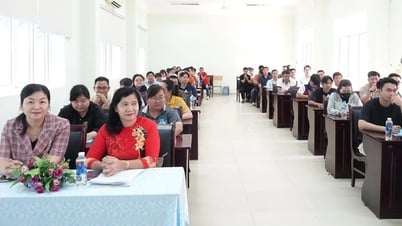
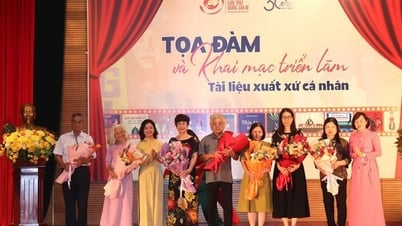

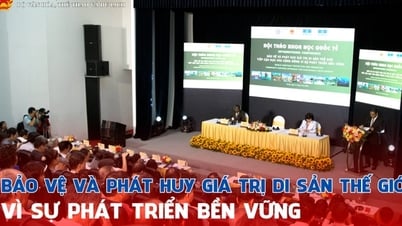


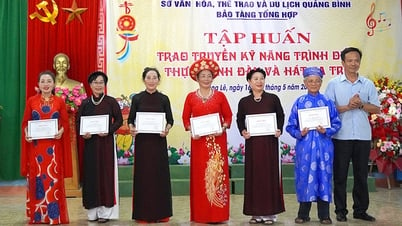

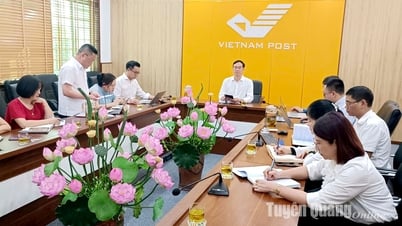



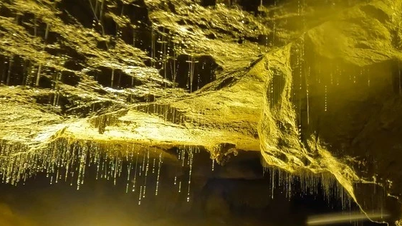


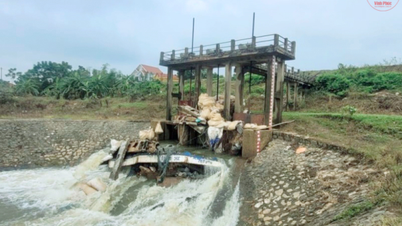



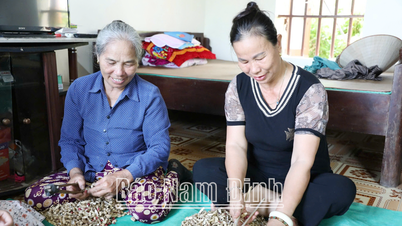

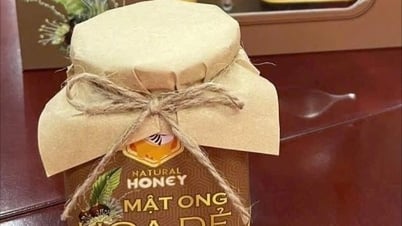







Comment (0)